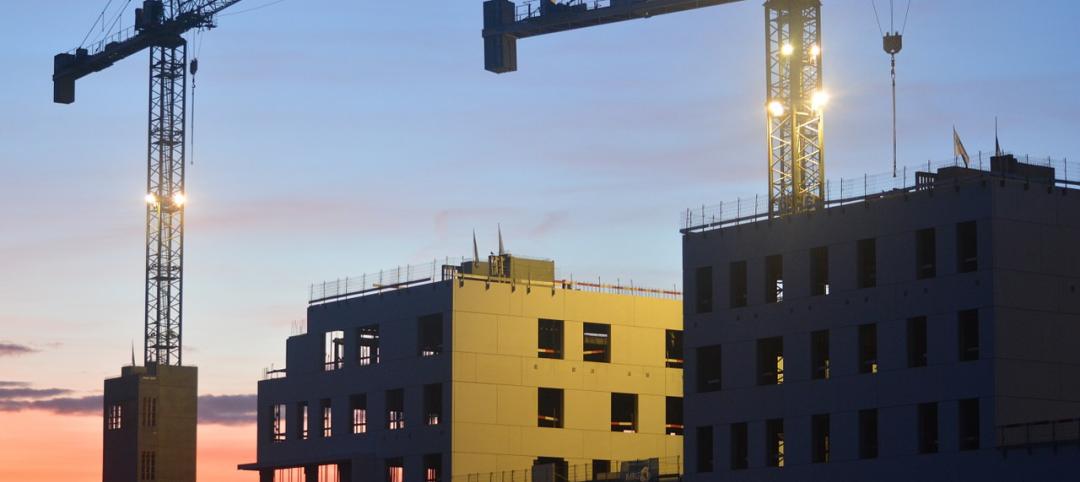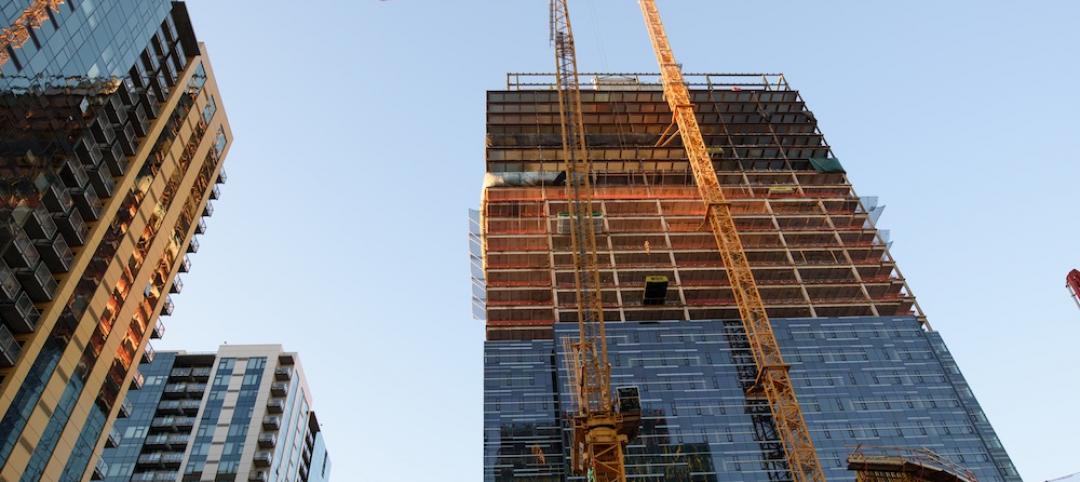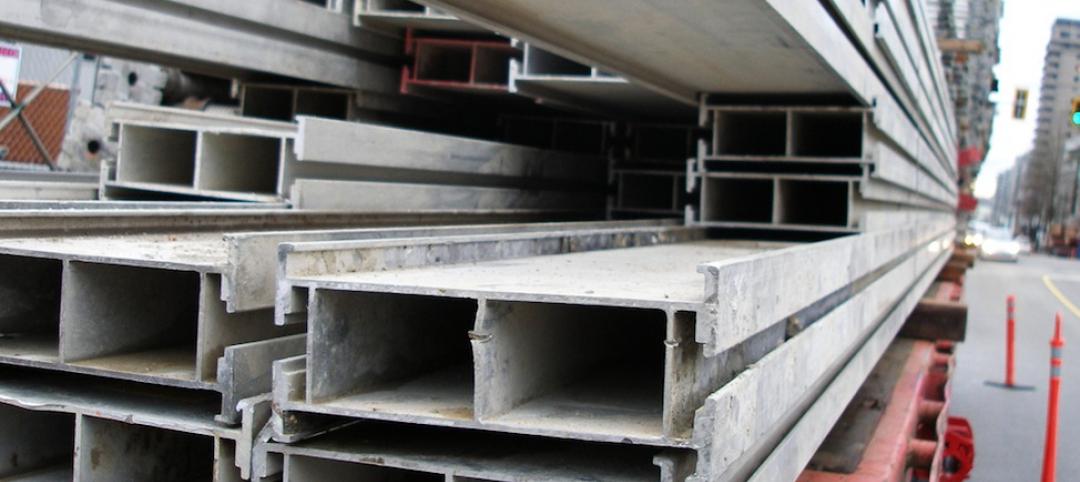In an effort to support the health, safety and wellbeing of students, the American Institute of Architects (AIA) is releasing 3D design models and strategies today that can assist education officials with reopening schools during the pandemic.
For the 2020-21 school year, districts are facing the difficult task of determining if K-12 schools will reopen this fall. As part of the AIA’s initiative, “Reopening America: Strategies for Safer Buildings,” the AIA’s team—comprised of architects, public health experts, engineers, and facility managers—assessed hazards in K-12 schools and developed strategies to mitigate risk of COVID-19 transmission.
In addition to the 3D design models—produced by VMDO Architects—detailing strategies for classrooms and corridors, the team is releasing a report that provides additional considerations for entrances, gymnasiums, assembly spaces, cafeterias and other spaces. Other strategies are also available for restrooms and staff spaces such as offices. The report also elaborates on the many factors that need to be taken into consideration when reopening schools and provides basic building blocks that can be adjusted on a case-by-case basis when working with design teams to ensure the needs of individual education facilities are met when adapting buildings for COVID-19.
Findings in the report are meant to work in tandem with tools that can assist education officials with preparing schools for reopening, including a seven-step Risk Management Plan for Buildings for assessing hazards and applying strategies that reduce risk and the AIA’s Re-occupancy Assessment Tool, which provides a framework of strategies for making buildings safer.
Resources were developed from a wide range of expertise using a virtual charrette workshop – a method used to study specific issues in a limited time frame using an intense brainstorming session.
As part of the sessions, a group of public, environmental, and occupational health experts and physicians provided an independently developed 90-minute briefing on SARS-CoV-2 infectious disease transmission, epidemiological models, and insights into the most current research of the virus as of early June. For more detailed information on public health hazards and considerations in schools, see AIA’s COVID-19 emerging research and public health data.
Tailored strategies and considerations for senior living facilities are also being developed and will be released in the near future.
Visit AIA’s website for more COVID-19 resources for architects.
Related Stories
Market Data | Feb 10, 2016
Nonresidential building starts and spending should see solid gains in 2016: Gilbane report
But finding skilled workers continues to be a problem and could inflate a project's costs.
Market Data | Feb 9, 2016
Cushman & Wakefield is bullish on U.S. economy and its property markets
Sees positive signs for construction and investment growth in warehouses, offices, and retail
Market Data | Feb 5, 2016
CMD/Oxford forecast: Nonresidential building growth will recover modestly in 2016
Increased government spending on infrastructure projects should help.
Market Data | Feb 4, 2016
Mortenson: Nonresidential construction costs expected to increase in six major metros
The Construction Cost Index, from Mortenson Construction, indicated rises between 3 and 4% on average.
Contractors | Feb 1, 2016
ABC: Tepid GDP growth a sign construction spending may sputter
Though the economy did not have a strong ending to 2015, the data does not suggest that nonresidential construction spending is set to decline.
Data Centers | Jan 28, 2016
Top 10 markets for data center construction
JLL’s latest outlook foresees a maturation in certain metros.
Market Data | Jan 20, 2016
Nonresidential building starts sag in 2015
CDM Research finds only a few positive signs among the leading sectors.
Market Data | Jan 20, 2016
Architecture Billings Index ends year on positive note
While volatility persists, architecture firms reported healthy performance for 2015.
Market Data | Jan 15, 2016
ABC: Construction material prices continue free fall in December
In December, construction material prices fell for the sixth consecutive month. Prices have declined 7.2% since peaking in August 2014.
Market Data | Jan 13, 2016
Morgan Stanley bucks gloom and doom, thinks U.S. economy has legs through 2020
Strong job growth and dwindling consumer debt give rise to hope.















